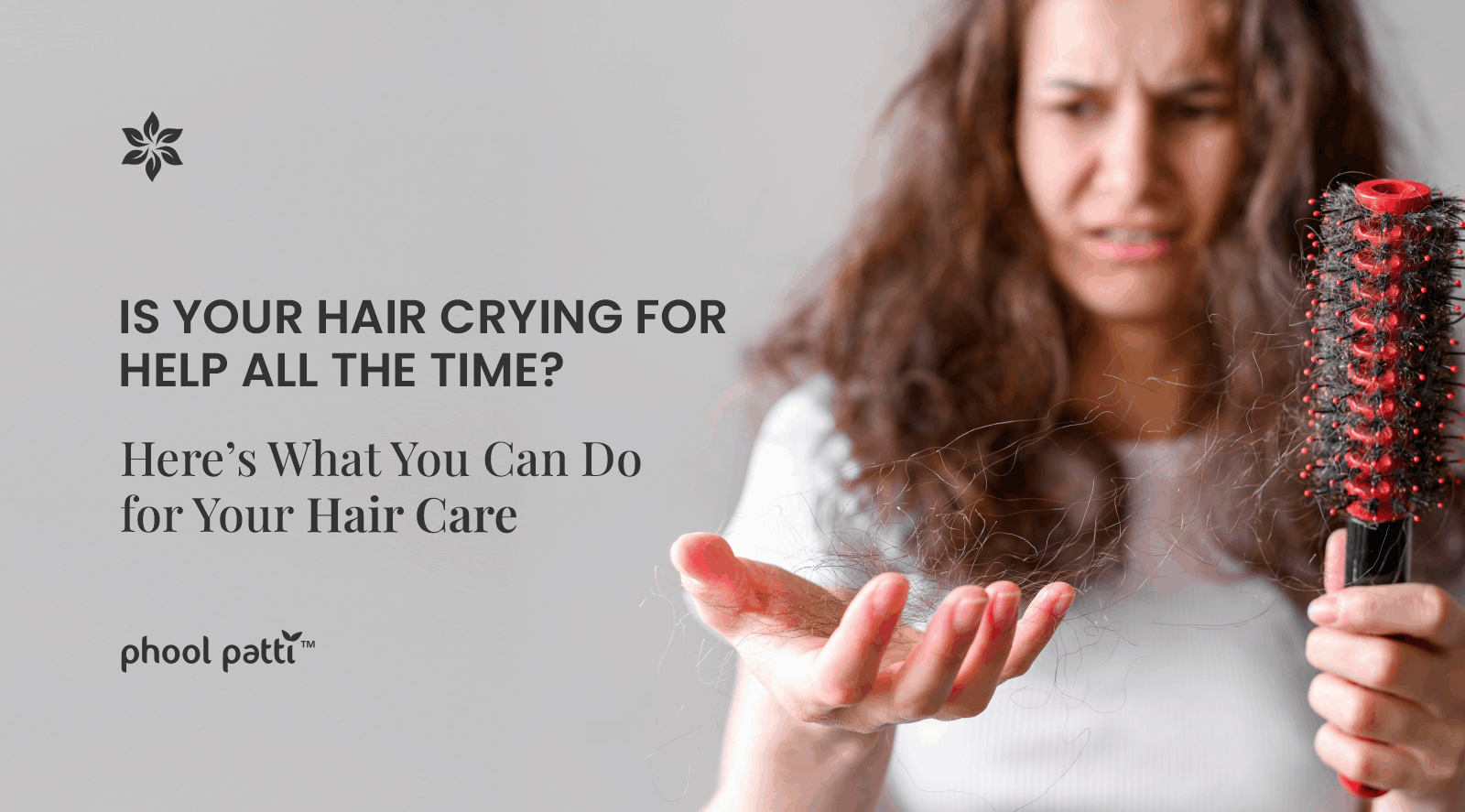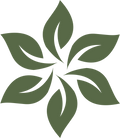Is Your Hair Crying for Help All the Time? Here’s What You Can Do for Your Hair Care

Hair Care Down the Years
A baby is born with hair on its head and in many cultures around the world. Elderly women still nod in appreciation when they see a healthy headful of hair on the infant. The hair is a protein filament that grows from hair follicles (special tiny ‘sockets’) found in the dermis. Hair on the scalp has come to be an expression of an individual’s beauty and attractiveness often described as the ‘crown’ or ‘mane’. And, why not? Gorgeous, well-nourished hair is a sign of a healthy and clean body and an aesthetic persona.
Did you know that hair care is nothing new? For the longest time, people cared for their hair and used different tried and tested methods to care for their hair. In fact, a little research on the net tells us that the modern shampoo in liquid form was invented only about 100 years ago. Natural, organic, mostly- planted based ingredients were largely used, and products were created mostly in small, customized batches. Cleaning, washing, treating, nourishing, and conditioning the hair were home practices that women took much care and pride to go through. Home-made ingredients were employed and time-tested recipes were used for the entire regimen of hair care.
Rings a bell? At Phool Patti, this is exactly our mission. Hair care, the natural way. We work to create products that bring centuries-old practices to present-day users. Times have changed, so have lifestyles, probably for the worse. But whoever says “No!” to healthy, lustrous hair even today?
Do you even Know Why Your Hair is Sad?
Says Ruby Walia, Founder- Phool Patti, “We live in an extremely fast-paced world. For most of us, there is too much to do and too little time for it. Invariably, this creates stress, one of the worst offenders of hair. It causes hair problems, from hair loss to graying, apart from other issues like affecting the entire gut that in turn, affects the entire system. If you live in an urban and industrialized area, count in pollution as well. But, at some point, you need to take accountability for your own self-care.”
She adds,” It is your body. Your hair. It is giving you signals that it needs your help to redeem it from damage. So, you need to prioritize your hair care. Stop complaining and feeling lousy about it. Get active with some real action.”
Most people, she observes, tend to settle for temporary remedies for hair care. “Band-Aid therapy”, as she calls it. A quick fix for making hair look great temporarily is what they rush in for. Oftentimes, such quick fixes cause greater harm to your scalp and hair – and even the whole system. It is time to shake yourself up and go full on with healthy hair-care rituals that women (and men) have used throughout history.
Notice your hair smile when you employ a planned regimen of hair care. Notice your own confidence.
Your Hair loves a Planned Regimen
Unless your body has a medical condition (in which case, you must seek medical attention), your hair loves a planned regimen consisting of a few simple dos and don’ts. We will list them down briefly in this blog, so you have a ready reckoner.
Oil - Down centuries, Indian women have been looked upon with awe and admiration for their long, lustrous, healthy hair. Hair care featured prominently in their self-care rituals.
An ancient Ayurvedic treatise, the Charaka Samhita stresses on the importance of oiling the hair and scalp to maintain good health and prevent hair loss. Daily oiling of the hair was recommended in the Charaka Samhita using oils with appropriate herbs infused to suit one’s constitution. This has been modified to weekly oiling which works just as great today and is a practice that continues in most Indian communities.
The Indian civilization wasn’t the only one that was serious about hair care and perturbed with hair loss. In the Middle Ages, while hair care using animal parts also existed, a traditional (and vegan) remedy for hair loss was a gel made of flaxseed and rosemary oil.
A dermatologist or beauty therapist will explain why oiling your hair is beneficial in several ways and should constitute an important part of your hair care regimen. It helps nourish and moisturize the scalp to promote healthier hair growth and reduce dryness. The natural botanical oils used contain essential nutrients to strengthen the hair shaft, prevent breakage, and add shine. With the right herbs and medications infused in the natural oils, minor irritations and allergies of the scalp can be cured.
It is always advisable to do a trial application test with a brand-new hair oil as it might affect persons with a health condition such as sinusitis or reaction to allergic reaction to a specific natural ingredient.
Henna infused with Organic Indigo – When it comes to coloring your hair, nothing beats a natural hair colorant for its gentle effectiveness. Henna is a gentle, natural colorant that is derived from plants and has been used for centuries. The dried leaves are ground to a fine powder which is then made into a paste to be applied periodically on the hair from the roots to the tips. When infused with organic indigo, it creates an amazing shade that covers gray hair perfectly while conditioning it at the same time resulting in naturally stronger and lustrous hair.
Henna with indigo has been used on all hair types and textures, so even if hair has been permed or styled with a variety of gadgets or has locs, it can still be colored with natural henna and indigo. If you have been using harsh chemicals on your hair, it is time to make the switch to a natural alternative that is far gentler and better for your scalp and hair.
We always ask users to do a patch test the first time, as natural, plant-based products may also have an allergic reaction to your body in a rare case.
Natural Cleansers - Traditional shampoos usually contain sulphates that are aggressive detergents that strip the hair of its natural oils. Traditional hair care has long advocated for sulphate-free alternatives to preserve the hair's moisture balance and prevent dryness and itching. Parabens are also commonly used as preservatives in several commercial shampoos and have been a cause for concern due to their potential health risks both for the hair and the body.
Remember, switching to a safe, nature-inspired alternative doesn't mean sacrificing efficacy in the name of hair care. More often than not, these options often provide a more gentle and effective cleansing experience leaving your hair feeling fresh, soft, lustrous, and revitalized.
There are several power-packed natural cleansers that work just as efficiently for your hair. Try Amla (Indian gooseberry), Reetha (soapnut) and Shikakai (Acacia) combination that packs quite a punch for all hair types. Bentonite clay, hibiscus, aloe vera, egg yolks, coconut milk, lemon juice, apple cider vinegar, tea liquor, and rice water continue to be used as cleansers and conditioners by millions of men and women who have already made the switch to cleaner and non-toxic alternatives.
If you use a shampoo off the shelf, read the label closely to check if it contains sulphates and/or parabens. These are the harmful ingredients that you must avoid.
Hair Oil from Phool Patti
Created from a blend of 20+ natural herbs and flowers, Phool Patti’s Hair Oil is your remedy for a clutch of common hair issues. The unique combination of natural herbs and flowers is infused in the pure goodness of natural, unrefined, cold-pressed coconut, bhringraj (popularly known as ‘false daisy’), amla (Indian gooseberry) and castor oil to create an enriching formula that strengthens and revitalizes your hair from the roots, giving off a rich and lustrous shine. It has proven to reduce hair fall and graying in users with a couple of applications. It protects your scalp from infections and prevents dryness and frizz. Phool Patti Hair Oil is natural and cruelty-free, handmade, and non-GMO.
What Users are saying about Phool Patti Hair Oil
- Tags: hair haircare hairoil natural phool patti
0 comments




